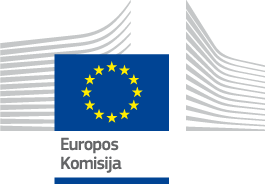

Good Practice Project
The fleet of 27 artisanal boats from western Asturias catches local octopus in traps and prides itself on the sustainability of its activities. Indeed, compared to octopus fisheries in other areas which are often active 11 months a year, this one restricts catching to a 6 month period. However, the fleet enjoyed little recognition of its quality standards and its octopus was generally sold by wholesalers with no mention of its origin or sustainability.
In order to differentiate their product and draw attention to the sustainability of their fishery, the four fishing organisations, or “cofradías”, which represented the fleet teamed up to explore the possibility of applying for MSC certification, a globally recognized certification scheme promoting seafood sustainability.
The process of obtaining MSC labelling can be time consuming and expensive for the small-scale sector and the Navia-Porcía FLAG was instrumental in supporting the idea, funding, for example, a pre-evaluation, in collaboration with scientists and fishermen, to collect and analyse data.
This pre-assessment was led by an independent certification consultant and concluded that octopus stocks in the area were indeed healthy and the fishery well managed.
Given the positive results, the FLAG went on to support a full assessment, involving a team of fisheries, science and policy experts from the same consultancy to evaluate the fishery according to three principles:
The project resulted in the western Asturias octopus fishery receiving MSC recognition through its eco-label.
The local fishery can now carry the iconic MSC logo, opening up new marketing avenues and opportunities for western Asturias octopus. Indeed, in terms of first sale prices, these have already increased by €1.5 per kilo (a 29% increase on the original price).
Adding value to local fisheries products is a priority objective for many FLAGs.
Certification may help local producers differentiate specific qualities of their products, for which the active participation of the fishermen or fish farmers is fundamental, as is their commitment to sustainable practices in the case of eco-certification.
| Total project cost | €43 974,5 |
|---|---|
| FLAG grant |
€36 342,05
|
| Beneficiary contribution |
€7 632,45
|
| Timeframe of implementation | From Jan 2014 to Feb 2016 |
|---|---|
| Sea Basins |
|
| Type of area |
|
| Theme |


